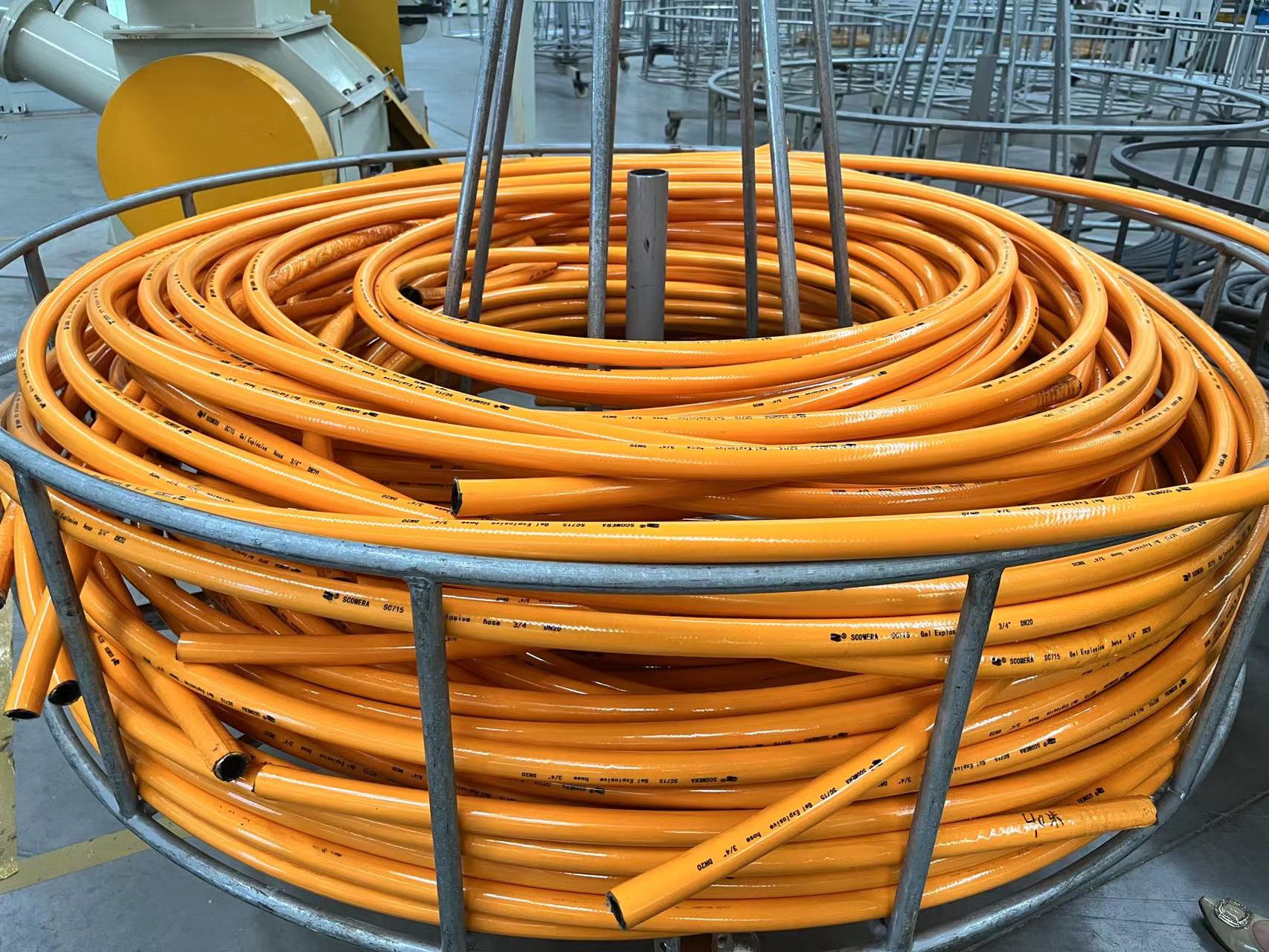Corrosion Resistant Hose
2022-09-12 09:34:23
You should choose a corrosion resistant product if corrosion is a concern. These hoses are made with the same alloy as standard hoses but have thicker walls to provide longer life. The thickness of the metal's wall determines its corrosion rate. This rate is expressed in millimeters per annum, or one thousandths of an inch.
Corrosion resistant hose
When it comes to hoses, corrosion resistance is a critical consideration. If you're working in an area where corrosion is common, you'll want a hose with a thicker wall. This will make the hose more resistant to corrosion and can last longer.
To determine corrosion resistance, you'll need to consider the type of chemical and application. There are many different materials for hoses, and not all of them are equally resistant to the same chemicals. Some materials are more resistant than others like stainless steel and PETFE.
Coreblast hoses are one example. They are specially designed to resist corrosion by keeping particles from getting stuck inside the tube. The material is also abrasion resistant, so it will not damage parts inside the tube. Coreblast hose is used to transfer iron residue in blast furnaces. It's also used in raw materials and industrial waste transfer.
Hoses that resist corrosion and acid resistance
It is crucial to consider the thickness and strength of the wall if you are involved in manufacturing or installing corrosion resistant hoses. Thicker hoses are more susceptible to corrosion when they pass through corrosive media. Thicker hoses can resist corrosion at a lower speed. Your hose manufacturer can provide more information about determining the wall thickness of your hoses.
There are many types of corrosion-resistant hoses available. High-molecular-weight polyethylene tubing is ideal for chemical transportation. The hose's chemical-resistant properties are reinforced by EPDM linings made of corrugated EPDM. High-strength textile cords and steel wire helix reinforcement further add strength. These hoses are great for agricultural applications. They can be used for building wash-down and nursery spraying.
Chemical-resistant hoses must be extremely protective. Custom Advanced offers many chemical hoses. Among these options is a multipurpose chemical acid conducting hose, which is suitable for chemical and agricultural applications. It is not recommended for oil and gasoline industries. Hypalon is a reliable synthetic rubber compound that is able to withstand acids and alkali. Another chemical hose material that is flexible is Pure Gum. These hoses have a long history of use in the plating industry.
High temperature hoses that resist corrosion
You can find a variety of sizes, materials, and corrosion resistant high temperature hoses. These hoses are typically made from PVC and come in a variety of sizes, including 40-200mm. These hoses are made from rigid PVC spirals, and are available in a variety colors, including transparent and yellow.
High temperature hose that is corrosion resistant can withstand temperatures up to +1650 degrees Fahrenheit. The material's strength and flexibility make it perfect for high temperature chemicals and materials. They are also made with durable corrugation that resists abrasion and bends. These hoses can be used for high temperatures, high pressure and corrosive applications.
High temperature hoses are necessary for many industries. They are resistant to heat and can withstand high temperatures in certain applications. These hoses are made from a variety materials, including silicone, thermoplastic and metals such as stainless steel. These hoses can be used in metalworking furnaces and plastic processors at high temperatures. Some are also used for ventilation.